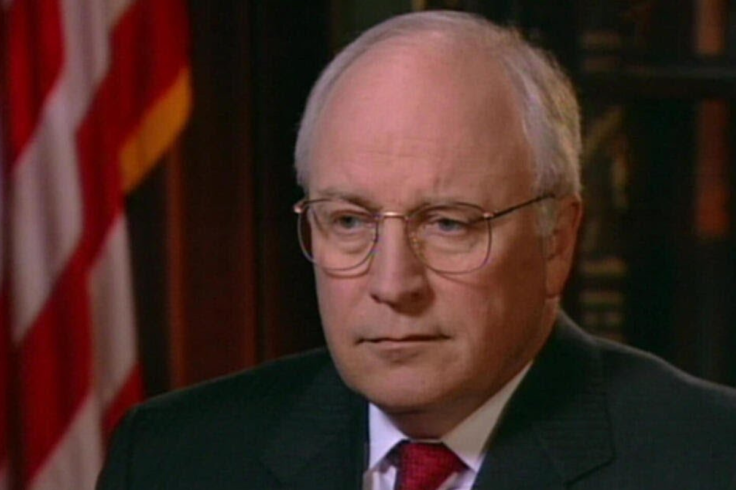From Iraq to Gay Marriage: The Contradictions That Defined Dick Cheney's Public Life
A legacy shaped by war, surveillance, family, and defiance within his own party

Dick Cheney, who died on November 3, 2025, at age 84, leaves behind one of the most paradoxical legacies in modern American politics. As vice president under George W. Bush, Cheney wielded unprecedented influence—shaping foreign policy, expanding executive power, and redefining the role of the vice presidency. Yet his personal convictions often clashed with his public persona, revealing a man whose political life was marked by contradiction as much as conviction.
Architect of War and Surveillance
Cheney was the chief strategist behind the Bush administration's post-9/11 'war on terror,' pushing for military interventions in Afghanistan and Iraq. He insisted that Saddam Hussein possessed weapons of mass destruction and maintained ties to terrorist networks—claims later discredited by U.S. intelligence and a presidential commission.
He also championed controversial counterterrorism tactics, including waterboarding and warrantless surveillance. Cheney defended these measures as necessary tools to protect the homeland, famously calling the use of enhanced interrogation 'a no-brainer'.
A Conservative Who Supported Gay Marriage
Despite his hawkish stance on national security, Cheney broke with his party on LGBTQ rights. In 2004, while Republicans pushed for a constitutional ban on same-sex marriage, Cheney publicly supported legalization. His daughter Mary is gay, and Cheney's position was rooted in personal conviction: 'Freedom means freedom for everyone,' he said during a town hall in Iowa.
This divergence from GOP orthodoxy was one of the earliest signs of Cheney's willingness to defy party lines when it came to family and principle.
The Hunting Incident That Shaped Public Perception
In 2006, Cheney accidentally shot his friend Harry Whittington during a quail hunting trip in Texas. The incident, which resulted in Whittington suffering a mild heart attack, became a media spectacle and late-night punchline. Cheney took full responsibility, saying, 'I'm the guy who pulled the trigger and shot my friend.'
Though Whittington later expressed sympathy for Cheney, the episode reinforced public perceptions of the vice president as secretive and unapologetically blunt.
Breaking with Trump and Endorsing Harris
In his final years, Cheney became a vocal critic of Donald Trump. After the January 6 Capitol attack, he and his daughter Liz Cheney condemned Trump's actions and rhetoric. Liz, who served on the House committee investigating the insurrection, lost her primary race in 2022 after refusing to back Trump.
Cheney went further, endorsing Kamala Harris in the 2024 presidential election—a historic move for a lifelong Republican. 'As citizens, we each have a duty to put country above partisanship to defend our Constitution,' he said in a statement.
Dick Cheney, the influential GOP vice president to George W. Bush and chief architect of the "war on terror," has died. He was 84.https://t.co/BnVjNGVdft pic.twitter.com/AT2oBJXV2d
— CNN (@CNN) November 4, 2025
A Legacy of Power and Paradox
Cheney's career spanned decades, from serving as Gerald Ford's chief of staff to leading the Pentagon under George H.W. Bush. But it was his vice presidency that cemented his reputation as a master of behind-the-scenes influence. He expanded the powers of his office, shaped global conflict, and challenged constitutional norms.
Yet he also stood by his family, defied his party on key issues, and ultimately rejected the populist wave that overtook the GOP. His legacy is not easily categorized—defined by both the wars he waged and the freedoms he defended.
© Copyright IBTimes 2025. All rights reserved.





















